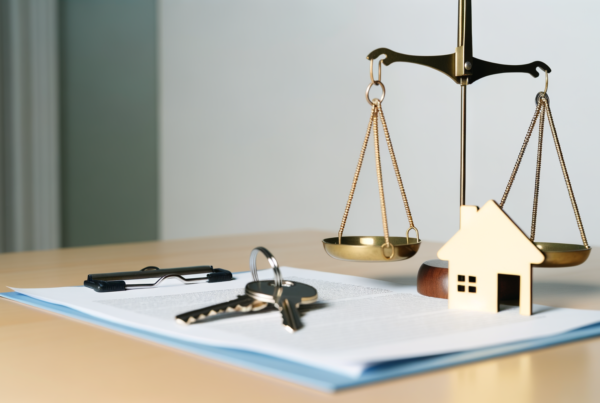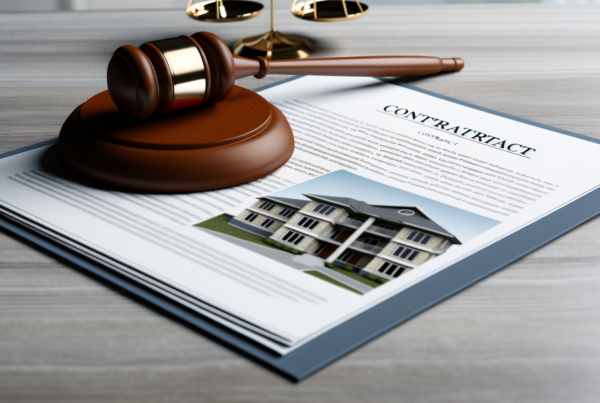Commercial real estate transactions are intricate and often rife with disputes that can lead to costly delays and strained relationships. Various stakeholders, including landlords, tenants, and investors, may encounter issues ranging from lease disagreements to zoning disputes. Understanding common disputes in commercial real estate and their resolution methods is crucial for maintaining a harmonious business environment. This article will explore significant areas of contention, including lease misunderstandings, property maintenance issues, financial disputes, and zoning challenges. By addressing these concerns and outlining effective resolution strategies, stakeholders can better navigate the complexities of commercial real estate and foster lasting partnerships.
Lease Agreements and Misunderstandings
Lease agreements in commercial real estate often serve as a foundation for landlord-tenant relationships. However, differing interpretations of lease terms can lead to misunderstandings and disputes. Key issues may include rental rates, maintenance responsibilities, and conditions for lease renewal or termination. To resolve these disputes, both parties should engage in open communication and, if necessary, seek clarification from legal counsel. It is advisable to meticulously document all communications and agreements to mitigate future misunderstandings. Regularly reviewing and updating lease agreements can also help ensure that all parties are on the same page and aware of their obligations.
Property Maintenance and Responsibility
Another common area of dispute arises from property maintenance responsibilities. Landlords and tenants might disagree over who is responsible for specific repairs and maintenance tasks, leading to frustration and potential legal action. Owners may assume tenants will handle minor repairs, while tenants may believe that landlords should be accountable for maintaining the property in a safe and functional state. To effectively resolve these disputes, it is essential to clearly define maintenance responsibilities in the lease agreement. Regular property inspections can help address issues before they escalate, and establishing a communication protocol for maintenance requests can improve transparency and foster collaboration.
Financial Disputes and Lease Terms
Financial disputes in commercial real estate are often centered around rent increases, late payments, and the allocation of additional expenses such as utilities or property taxes. Tenants may contest unwarranted rent increases, while landlords might struggle with tenants’ reluctance to pay on time. To minimize financial disputes, both parties should incorporate comprehensive financial clauses in the lease, specifying payment terms and conditions for any future increases. Prompt communication when financial difficulties arise can alleviate tensions and lead to viable solutions. Mediation or negotiation can be beneficial when financial terms are in dispute, as it provides a platform for both sides to express their concerns and reach a consensus.
Zoning and Regulatory Challenges
Zoning disputes can be particularly complex and may arise when property use does not comply with local regulations. Disagreements can occur when a tenant wishes to alter a property for new use that is prohibited under existing zoning laws. To navigate zoning disputes, stakeholders should conduct thorough due diligence before proceeding with any real estate transaction, ensuring that the intended use aligns with local ordinances. In cases where conflicts arise, engaging with local zoning boards or authorities can provide clarity and potential solutions. Addressing zoning issues proactively through permits or variances can help prevent disputes and facilitate smoother operations.
In conclusion, numerous disputes can arise in commercial real estate, primarily revolving around lease agreements, property maintenance, financial obligations, and zoning regulations. By fostering proactive communication, establishing clear responsibilities, and engaging in regular reviews, landlords and tenants can significantly reduce the likelihood of disputes. When conflicts do emerge, utilizing negotiation, mediation, and legal counsel can lead to effective resolutions beneficial to all parties involved. Ultimately, understanding and addressing these common disputes not only enhances business relations but also promotes a stable and productive commercial real estate environment.




